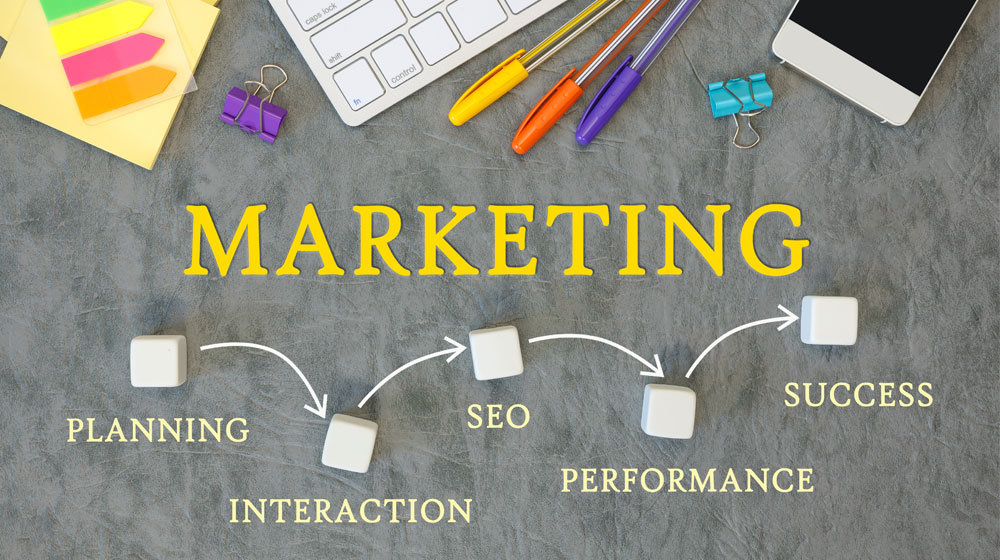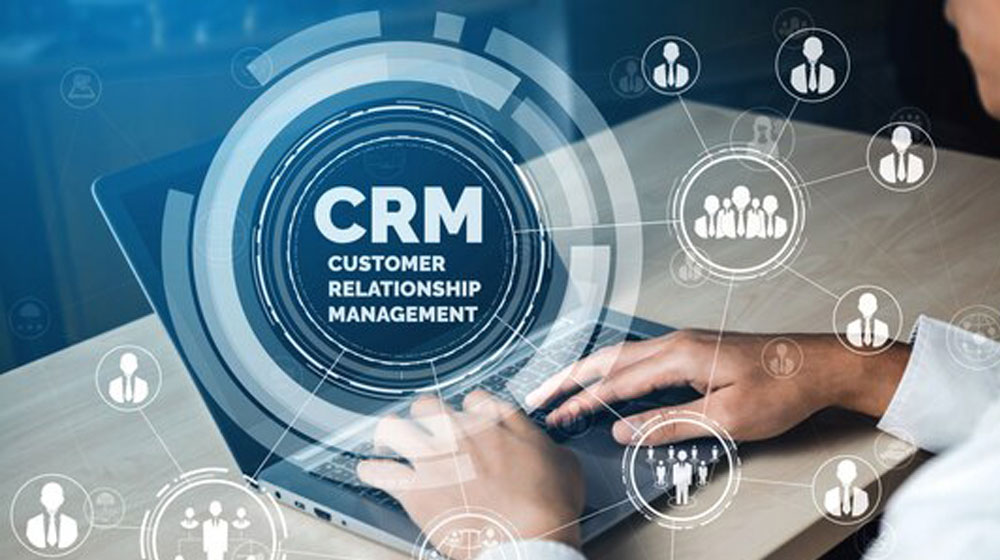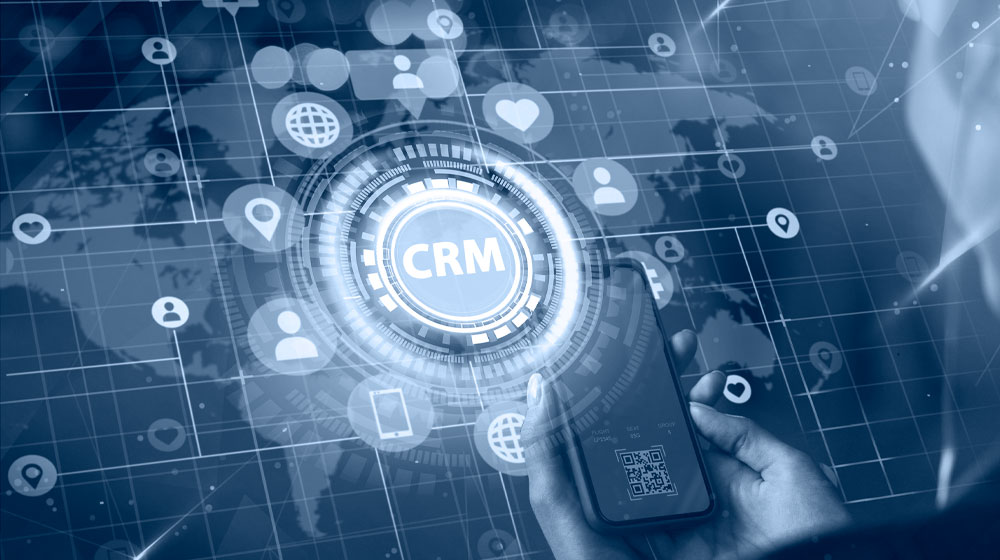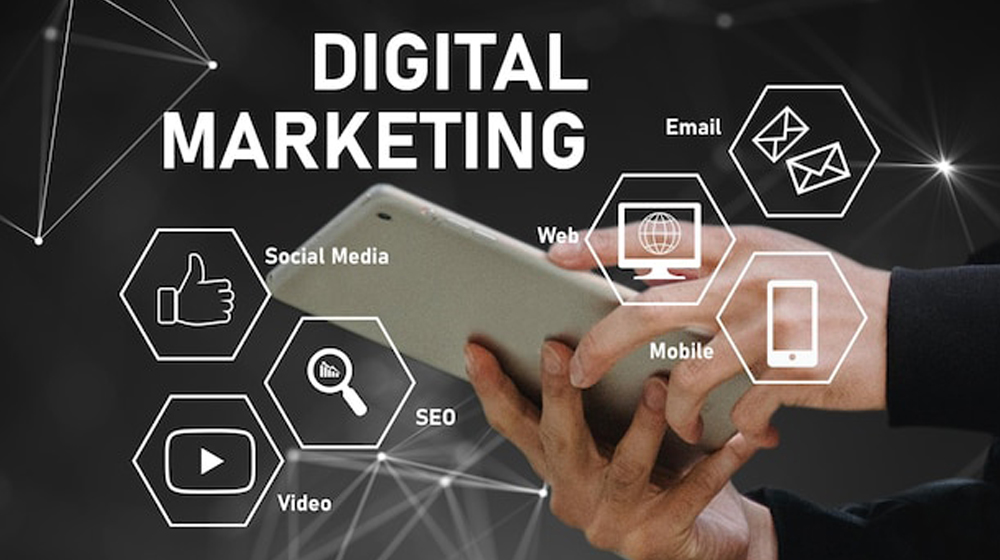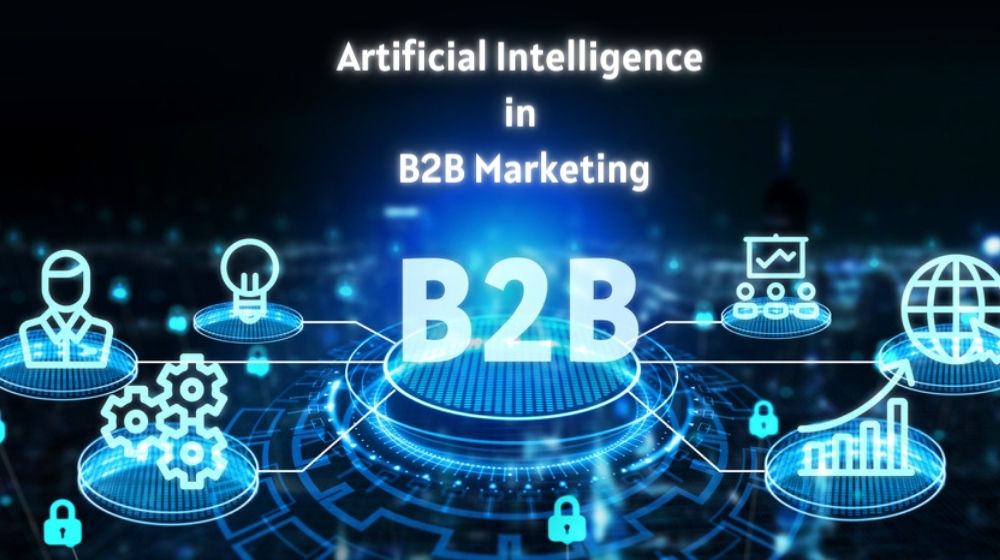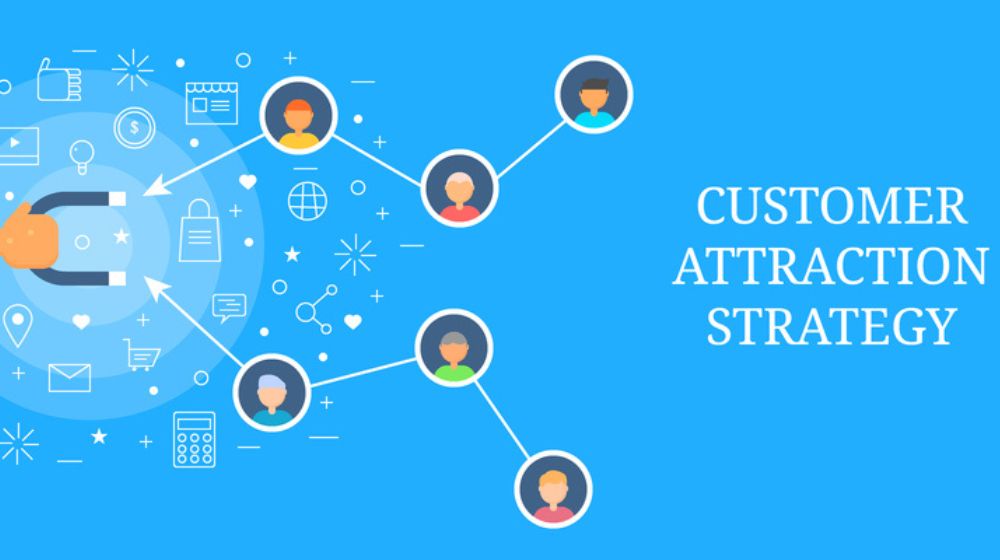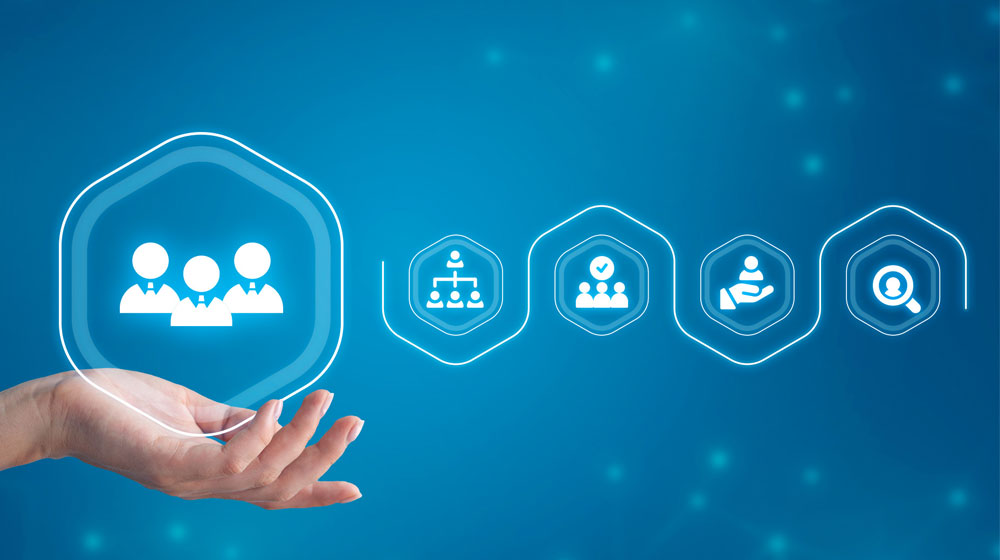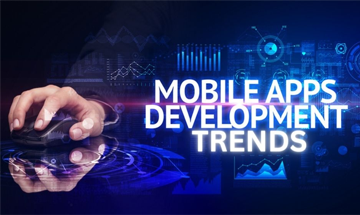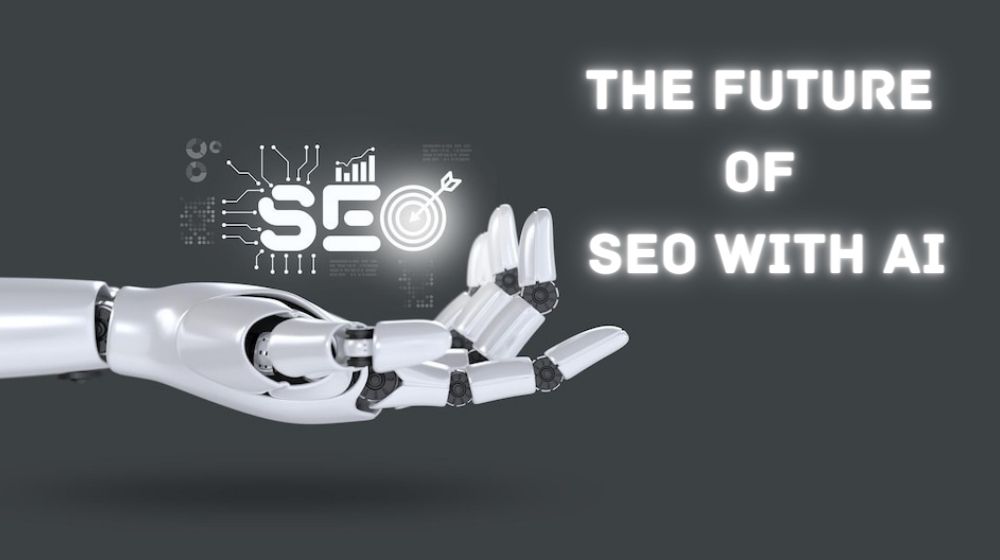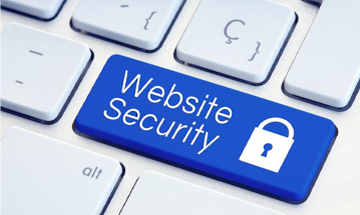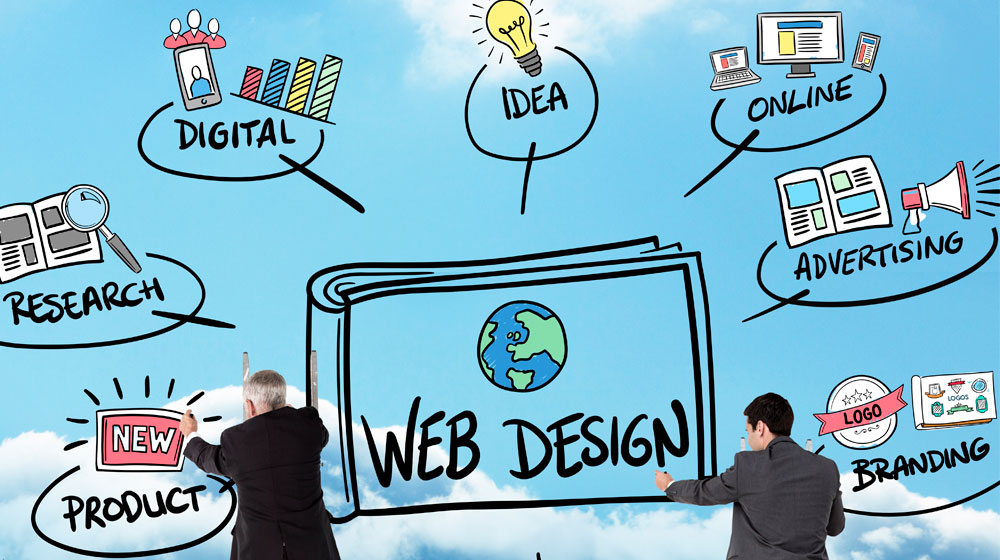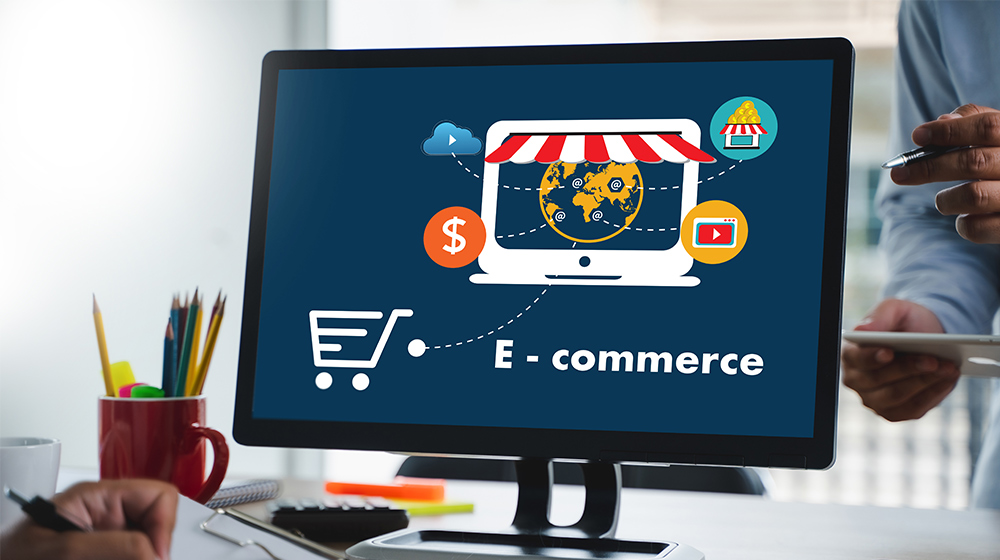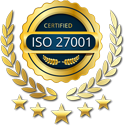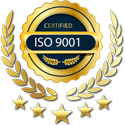Top 5 Reasons Why Companies Need An ERP System
In the fast-paced and ever-evolving world of business, staying ahead of your competition requires not only hard work but also smart work. To achieve this, companies need the right tools and strategies to streamline their operations, boost efficiency, and optimize decision-making processes. Amongst them, the Enterprise Resource Planning (ERP) system is one of the tools that has gained immense popularity in recent years. It's a software solution that integrates all of the core business processes of a company into a single system.
Efficiency is the key to success, and to stay ahead, companies must not only work hard but also work smart. Enter the Enterprise Resource Planning (ERP) system, a powerful solution that has revolutionized the way businesses operate. In this blog, we will delve into the world of ERP, exploring its benefits and significance for businesses in 2024 and beyond.
What is an ERP System?
ERP, also called Enterprise Resource Planning, is a comprehensive software solution designed to integrate and manage a wide range of critical business processes. These processes encompass various aspects of a business, including finance, human resources, manufacturing, supply chain management, customer relationship management (CRM), and more.
The ERP system offers a unified platform, enabling businesses to automate and streamline their workflows. This transformation results in elevated productivity, trimmed operational expenditures, and the facilitation of more informed decision-making. Moreover, ERP offers companies a real-time view of their entire business, which can help them save costs, improve efficiency, and make better decisions.
Who Can Use ERP Systems?
ERP systems are not limited to a specific industry or business size. It can benefit companies of all sizes, ranging from small startups to large enterprises across various industries.
-
Healthcare Organizations
All Hospitals and healthcare institutions can use ERP to manage patient records, streamline billing and payment processes, and enhance patient care and resource allocation.
-
Manufacturing Industry
Enterprise resource planning system is the most beneficial for manufacturing industries. It helps them manage production, track inventory, and streamline their supply chain, resulting in cost savings and reduced lead time.
-
Retail Sector
ERP systems in retail businesses can help them streamline their inventory management, sales, and distribution and enhance customer service, thereby improving the overall customer experience.
-
Government Sector
Government organizations can leverage ERP systems effectively with the best ERP solution provider for efficient resource allocation, enhanced service delivery, and streamlined administrative processes.
-
Financial Services
ERP systems in the financial sector enable better compliance management, risk assessment, and real-time reporting, ensuring that financial organizations remain competitive and compliant with industry standards.
-
Professional Services
Customized ERP solutions can help law firms, consulting firms, and other professional service providers tackle their finance, project management, and resource allocation, ultimately leading to improved profitability.
The ERP Advantage: 5 Convincing Reasons Your Company Needs It
Now, let's delve into the top five reasons why companies of all sizes should consider implementing an ERP system.
-
Streamlined Efficiency
Efficiency is like the foundation of a strong business. An ERP system is like a powerful engine that helps everything run smoothly. It brings together different jobs and tasks into one system, so you don't have to do the same work over and over again. It also helps things happen automatically and lets information flow easily.
-
Centralized Data Access:
ERP stores all data in one place for easy access, enhancing efficiency through centralized information management.
-
Automated Routine Tasks:
It streamlines processes by automating tasks, reducing manual workloads and, promoting operational efficiency.
-
Real-time Information:
ERP offers immediate insights, enabling data-driven decision-making and timely actions.
-
Reduced Data Entry:
Due to minimal manual data input, cutting down errors and improving data accuracy.
-
Enhanced Process Integration:
ERP seamlessly links various tasks, optimizing operational harmony and workflow integration.
-
Boosts Customer Satisfaction
Exceptional customer service is a differentiator that helps your business retain customers for the long term. With an ERP solution in place, you gain access to a wealth of customer data, purchase history, and order status, empowering you to provide a higher level of service. Responding to customer inquiries promptly and accurately boosts satisfaction, nurtures loyalty, and fosters long-term relationships.
-
Customer Data Accessibility:
ERP ensures easy access to essential customer information at any time, enhancing service quality.
-
Purchase History Insights:
Understanding buying patterns and preferences through ERP systems fosters better service and personalized interactions.
-
Order Status Visibility:
ERP keeps you updated on order progress, promoting transparent communication and customer satisfaction.
-
Prompt Inquiry Responses:
It enables quick and accurate customer query responses, enhancing satisfaction and trust.
-
Enhanced Satisfaction and Loyalty:
ERP, with custom CRM solutions, builds lasting customer relationships through exceptional service and support.
-
Data Visibility & Informed Decision Making
An ERP system provides your company with a holistic view of your operations. With accurate, up-to-the-minute data at your fingertips, you can make informed decisions that are vital for your company's growth and profitability. Powerful reporting & analytics tools allow you to identify trends, assess performance, and adapt your strategies accordingly.
-
Holistic Data Overview:
ERP systems offer a comprehensive understanding of your company's operations, aiding in informed decision-making.
-
Real-time Data Access:
Instantly access accurate, current information with ERP, facilitating timely decisions.
-
Informed Decision-Making:
Base decisions on current data insights made available by the ERP system.
-
Trend Identification:
ERP helps recognize market trends swiftly, enabling better strategy development.
-
Performance Assessment:
Evaluate your company's performance more effectively with top-notch ERP solutions, enhancing growth and profitability.
-
High Cost Saving
The implementation of an ERP system may involve an initial investment, but it's an investment that promises significant returns. By optimizing processes, reducing errors, and enhancing overall efficiency, an ERP system can lead to substantial cost savings over time.
-
Promise of Returns:
ERP investment guarantees substantial long-term returns through streamlined operations and cost efficiency, minimizing financial waste.
-
Process Optimization:
ERP streamlines processes, leading to increased cost efficiency.
-
Reduce Errors:
Fewer errors lead to high-cost savings.
-
Enhanced Efficiency:
Improved efficiency translates to long-term cost savings.
-
Optimized Inventory Management
Efficient inventory management is a fundamental aspect of any business. An ERP system offers a comprehensive solution for tracking inventory levels, managing stock movements, and forecasting demand. This ensures that your company doesn't suffer from overstocking or understocking issues, reducing carrying costs and increasing overall profitability.
-
Efficient Inventory Management:
ERP systems are important for business success and sustainability.
-
Comprehensive Inventory Solution:
It helps manage the inventory comprehensively, from levels to demand.
-
Prevent Overstock or Understock:
Avoid costly inventory imbalances and shortages.
-
Reduce Carrying Costs:
It helps in saving costs by optimizing inventory management.
-
Boost Overall Profitability:
Improved inventory control leads to increased profits.
Types of ERP Software
There are different types of ERP Software available to cater to different business needs. The most common types include:
-
Cloud-Based ERP
Cloud-based ERP systems are hosted and maintained by a third-party provider and can be accessed via the Internet. They offer cost savings, scalability, and flexibility, making them an attractive choice for many businesses.
-
On-Premises ERP
On-premises ERP software is installed on the company's servers. It requires companies to host and manage the software on their own servers and data centers. This type of ERP software is more costly and difficult to implement, but it offers more flexibility and control.
-
Industry-Specific ERP
There are different ERP systems designed to cater to specific industries, like healthcare, manufacturing, retail, and more. These solutions come with industry-specific features and capabilities.
-
Open-Source ERP
Open-source ERP solutions provide access to the source code, allowing companies to customize the software to their specific requirements. This kind of ERP software is cost-effective but may require more technical expertise.
-
Small Business ERP
ERP systems that are particularly designed for small businesses are more budget-friendly and streamlined to meet the unique needs of smaller companies.
Choosing Wisely: Top ERP Tools for Your Business in 2024
With the ERP market constantly evolving, it's essential to stay updated on the best ERP tools available for businesses in 2024. Here are some of the top ERP software solutions that offer advanced features and capabilities:
-
SAP S/4HANA:
SAP's S/4HANA is one of the best ERP tools available in 2023. It is a highly tailored and scalable ERP solution known for its real-time analytics and AI capabilities. SAP S/4Hana enables businesses to adapt to changing market conditions swiftly.
This Tool is Best Suited For:
Large enterprises and organizations with a focus on real-time analytics and AI-driven operations.
-
Swift Adaptability:
This ERP tool adapts to dynamic market conditions, making it an ideal choice for businesses navigating fast-paced industries.
-
Highly Customizable:
Its high level of customization allows companies to tailor the solution to their specific needs.
-
Oracle NetSuite
Oracle NetSuite is a cloud-based ERP system suitable for all types of businesses. It offers various features, such as financial management, CRM, and e-commerce, all within one platform.
This Tool is Best Suited For:
Small and medium-sized businesses seeking a comprehensive cloud-based ERP solution.
-
All-in-One Solution:
Oracle NetSuite combines financial management, CRM, and e-commerce in a single platform, making it suitable for businesses looking for a unified solution.
-
Scalability:
It can grow with your business, making it ideal for growing companies.
-
Microsoft Dynamics 365
Microsoft's ERP solution, or Dynamics 365, seamlessly integrates with Microsoft Office and offers modules for finance, sales, marketing, and customer service. It's particularly attractive for companies already using Microsoft's products.
This Tool is Best Suited For:
Companies that are already utilizing Microsoft products and desiring seamless integration.
-
Familiar Integration:
It seamlessly integrates with Microsoft Office, providing a familiar interface for users.
-
Module Variety:
Dynamics 365 offers modules for various business functions, from finance to customer service, providing flexibility.
-
Infor CloudSuite
Infor CloudSuite is the most versatile ERP software tool known for its industry-specific solutions. It caters to various sectors, including manufacturing, distribution, and healthcare, offering tailored features for each.
This Tool is Best Suited For:
Businesses in manufacturing, distribution, or healthcare are looking for industry-specific solutions.
-
Tailored Features:
Infor CloudSuite ERP tool is designed to cater to specific industries, offering specialized features for better performance.
-
Vertical Expertise:
It comes with a deep understanding of industry challenges and best practices.
-
Acumatica
Acumatica is a cloud-based ERP system known for its flexibility and scalability. It is praised for its user-friendly interface and intuitive design, facilitating easy onboarding with intuitive features like drag-and-drop boards, customizable dashboards, and clean reports.
This Tool is Best Suited For:
Rapidly growing businesses in need of a flexible and scalable cloud-based ERP system
-
Scalable Solution:
This tool can adapt to the evolving needs of growing businesses without the hassle of extensive reconfiguration.
-
Cloud Flexibility:
It is a cloud-based solution that provides remote access and cost-effective scalability.
How to Choose the Best ERP Software for Your Business
Selecting the right Enterprise Resource Planning system for your business is a crucial decision that may impact your operations for years to come. Here are the key steps to guide you in making the best choice:
-
Define Your Needs
To find the Best ERP Solution Company in Hyderabad, begin by identifying your specific business requirements. Engage with key stakeholders to determine which departments and processes will be impacted by the ERP system. This clear understanding will give you a roadmap for your software selection.
-
Industry Fit
The next step is to find software that fits your industry’s unique demands. Some ERP Solutions are tailored to specific sectors, offering industry-specific features and compliance. Choosing an ERP that aligns with your industry is crucial for the best results.
-
Set Your Budget
Determine your budget for ERP implementation in your business process. While the initial cost is important, remember to calculate the Total Cost of Ownership, which includes expenses like implementation, training, and ongoing maintenance.
-
Customization Options
Go through the level of flexibility and customization offered by the ERP system. Some businesses may require extensive customization, while others can work effectively with out-of-the-box solutions. Ensure that the chosen ERP can be tailored to meet your unique needs. If your business needs tailored ERP software, then choose the best ERP software company in Hyderabad.
-
Integration Capabilities
Evaluate how well the ERP system can integrate with your existing software and tools. Seamless integration into your business processes can save time and resources and prevent disruptions in your daily operations.
-
User-Friendliness
User adoption is critical for the success of an ERP system. Consider the ease of training your employees and how intuitive the user interface is. An ERP with a user-friendly design can reduce onboarding time and increase productivity, which is essential in this rapidly evolving tech ecosystem.
-
Data Security
Data security is paramount, especially for your business. Ensure that the ERP system has robust security measures to protect your sensitive business data. This is particularly crucial if your business deals with sensitive customer or financial information.
-
Support and Training
Check the level of support and training offered by the ERP vendor and ensure that they provide adequate resources to assist you during the implementation phase and beyond. A responsive support team and the best ERP software provider can be a lifesaver in times of need.
Conclusion
In conclusion, selecting the right ERP software for your business is a pivotal decision that requires careful consideration. It's essential to choose an ERP system that aligns with your long-term goals and empowers your business to thrive in a competitive world. To achieve this, Marolix is the Best ERP Solution Provider in Hyderabad, offering customized solutions to meet your unique needs.
Remember that ERP is not a one-time decision but an ongoing process. Regularly review and update your ERP system to ensure it remains in sync with your business objectives and the technological advancements in a city that's at the forefront of technology. With the right ERP software in place, your company can enhance efficiency, reduce costs, and make informed decisions, contributing to your long-term success.

